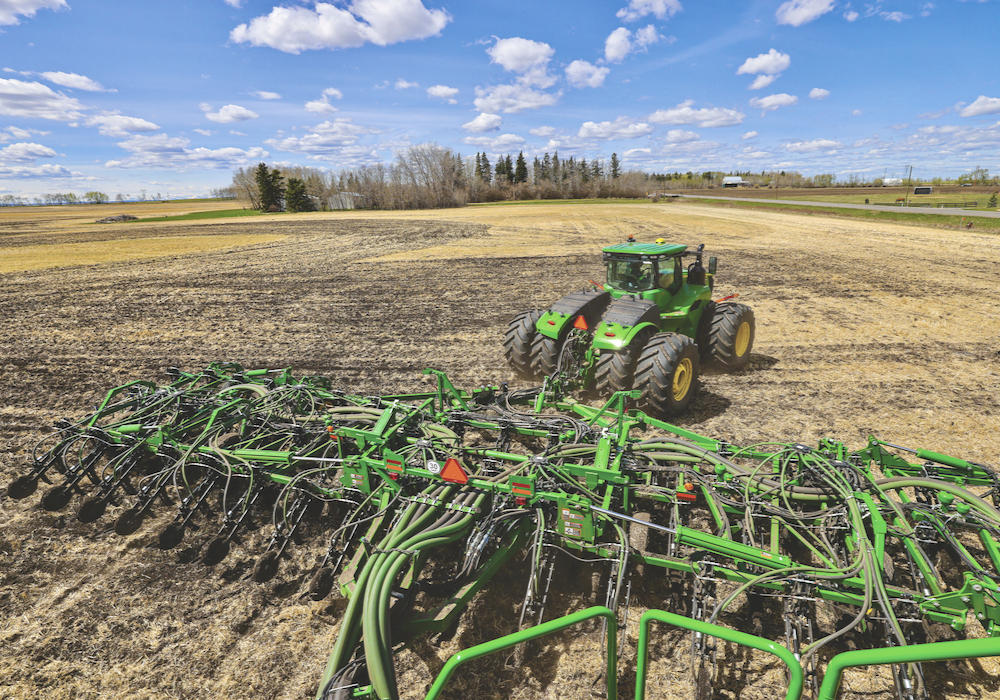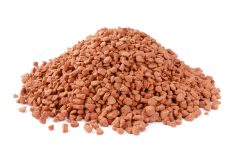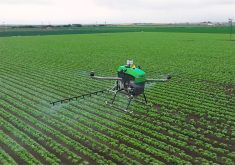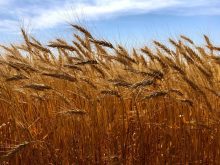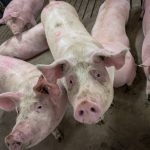Canada will join the U.S., U.K., and others in a group dedicated to advancing efficient and novel fertilizers, the federal government announced today.
“By joining the Efficient Fertilizer Consortium, we’re helping ensure that our farmers and producers are well-equipped to make informed decisions that are good for the environment and their bottom line,” said federal agriculture minister Lawrence MacAulay in a news release.
Read Also

OPINION: Draining wetlands produces substantial emissions in the Canadian Prairies
While wetlands sequester carbon, they also naturally release greenhouse gases (GHG) into the atmosphere. Our new study has found that widespread wetland drainage on Prairie farmland releases 2.1 million tonnes of carbon dioxide equivalent (CO₂-eq) per year.
The Efficient Fertilizer Consortium is an initiative of the Foundation for Food and Agriculture Research (FFAR), a group established by the U.S. in 2014. FFAR a public-private partnership that funds food and agriculture research, as per its website.
The Efficient Fertilizer Consortium was first announced in late 2022 with plans to fund “applied research that accelerates development and wider adoption of novel fertilizers that increase nutrient-use efficiency and reduce direct emissions of nitrous oxide and other greenhouse gases from fertilizers,” said a FFAR news release.
Canada joins with a commitment of about $1.3 million over four years, the Canadian government said in a Jan. 31 news release.
This gives Canada the chance to influence the direction of consortium’s research and strategy, it added.
The Canadian government plans to work with scientists, fertilizer companies and other stakeholders to conduct research and “ensure its relevance to Canadian agriculture,” the news release said.
The news released tied the decision to the government’s goals to reduce greenhouse gas emissions from fertilizer by 30 per cent below 2020 levels by 2030—goals which have caused outcry among farmers and agricultural groups due to fears that fertilizer use would be restricted. Nitrous oxide, which nitrogen fertilizer can emit, is a particularly potent greenhouse gas.

